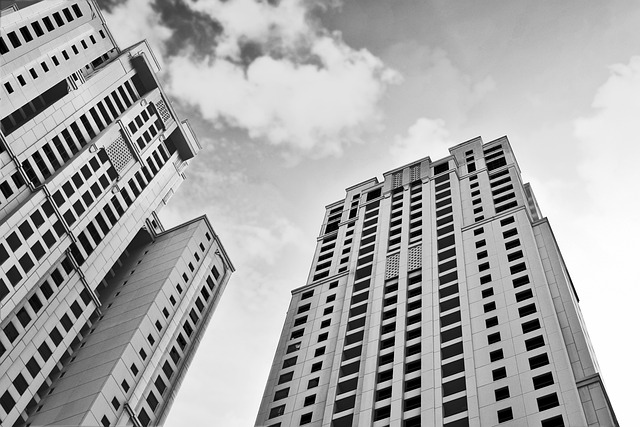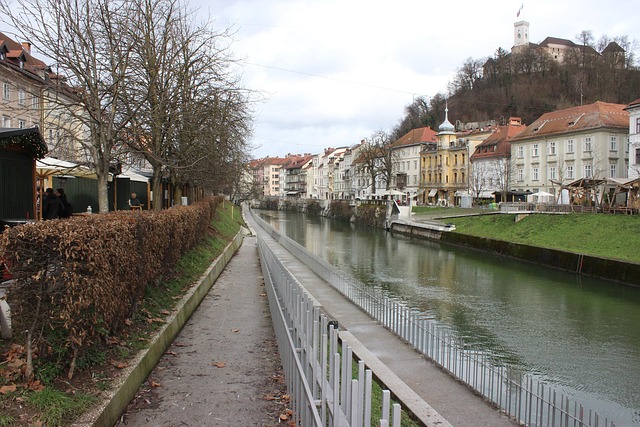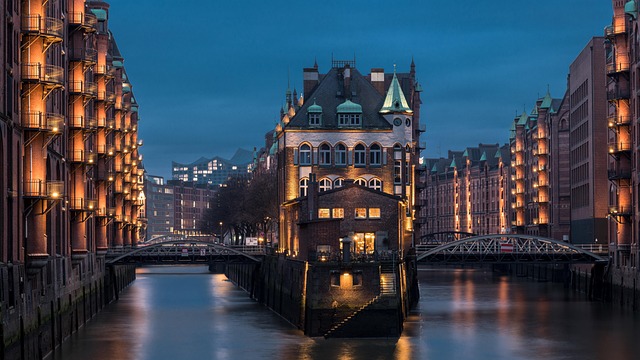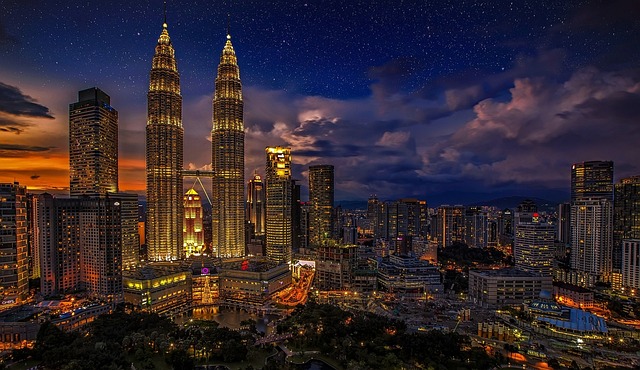
Shahra-e-Faisal, Karachi's iconic thoroughfare, is a vital link connecting diverse neighborhoods and driving commerce but faces severe strain from heavy traffic congestion and inadequate infrastructure, especially during monsoons. This challenges the road's safety, impacting daily lives. Despite these issues, efforts are underway to revitalize the road network, aiming for improved transportation efficiency and public safety through modern infrastructure, smart traffic management, and innovative solutions tailored to Karachi's dense population and growing urban needs.
Karachi, Pakistan’s bustling metropolis, relies heavily on its road infrastructure, particularly Shahra-e-Faisal—a major artery cutting through the city. This extensive highway connects vital economic hubs but has faced challenges in recent years due to growing traffic congestion and safety issues. The article explores the current state of this critical road network, delves into the problems plaguing Shahra-e-Faisal, and presents potential solutions that could transform Karachi’s urban mobility landscape.
- Understanding Shahra-e-Faisal: Karachi's Major Artery
- Current State of Road Infrastructure
- Challenges and Concerns: Traffic Congestion and Safety
- Potential Solutions and Future Prospects
Understanding Shahra-e-Faisal: Karachi's Major Artery

Shahra-e-Faisal is a major thoroughfare in Karachi, serving as the city’s vital artery and a crucial link between its diverse neighborhoods. This bustling road is not just a geographical feature but a vibrant testament to the metropolis’s relentless pace and dynamic character. It cuts through the heart of the urban landscape, connecting commercial hubs, residential areas, and industrial zones, thereby facilitating movement and commerce.
Understanding Shahra-e-Faisal requires recognizing its multifaceted role. During the day, it transforms into a bustling dance of vehicles, with a constant flow of cars, buses, and trucks navigating through. The road is a symphony of honks, beeps, and engine revs, reflecting the hustle and bustle of Karachi’s vibrant life. At night, the scene shifts, offering a different kind of energy as lights illuminate the way for weary travelers.
Current State of Road Infrastructure

The road infrastructure in Karachi, particularly Shahra-e-Faisal, reflects the city’s bustling and ever-evolving nature. This major artery, often referred to as the ‘spine’ of Karachi, is a testament to the city’s rapid development. However, despite its significance, the current state of the road faces several challenges. The once smooth asphalt now shows signs of wear and tear, with potholes and cracks becoming increasingly common, particularly during the monsoons.
These issues not only affect the daily commute for residents but also pose significant risks to road safety. The situation is further exacerbated by inadequate maintenance and a lack of timely repairs, which have led to a deteriorating quality of life for many Karachis. Yet, amidst these challenges, there are glimmers of hope as local authorities and urban planning experts work towards revamping the road network, aiming to enhance mobility and ensure safer transportation in the vibrant metropolis.
Challenges and Concerns: Traffic Congestion and Safety

Shahra-e-Faisal, a prominent thoroughfare in Karachi, while serving as a vital artery for the metropolis, grapples with significant challenges that impact its functionality and safety. One of the primary concerns is traffic congestion, particularly during peak hours, leading to prolonged travel times and frustration among commuters. The dense population and increasing number of vehicles in the city exacerbate this issue, making it a complex problem to address.
Safety is another critical aspect that demands attention. The high volume of traffic, coupled with inadequate road infrastructure and lack of enforcement of traffic rules, contributes to various accidents and hazards. Pedestrians and two-wheeler riders are often at higher risk, highlighting the need for better signage, lighting, and dedicated lanes to ensure a safer environment for all road users.
Potential Solutions and Future Prospects

The road network in Karachi, particularly Shahra-e-Faisal, faces significant challenges that hinder efficient transportation and impact the overall livability of the city. To address these issues, several potential solutions can be implemented. First, enhancing infrastructure by adopting modern construction techniques and materials could improve road durability and reduce maintenance costs over time. Additionally, integrating smart traffic management systems can optimize flow and minimize congestion, especially during peak hours. Encouraging public-private partnerships for road development projects is another strategic move that can bring in specialized expertise and additional resources.
Looking ahead, the future of Karachi’s road conditions holds promise with advancements in technology playing a pivotal role. Implementing electric bus services and promoting shared mobility options can contribute to a cleaner and more sustainable transportation system. Furthermore, leveraging data analytics for traffic pattern analysis and real-time monitoring can lead to more informed decision-making for urban planners. These prospective initiatives not only cater to the present needs of Karachi’s growing population but also lay the foundation for a robust and resilient transportation network in the years to come.
Shahra-e-Faisal, Karachi’s major artery, faces challenges in its road conditions, including traffic congestion and safety concerns. The current state of the infrastructure highlights the need for urgent improvements to cater to the city’s growing needs. By addressing these issues through potential solutions like enhanced maintenance, smart traffic management systems, and better urban planning, Karachi can transform Shahra-e-Faisal into a safer, more efficient transportation network. This will not only ease congestion but also contribute to the overall development of the vibrant city of Karachi.




